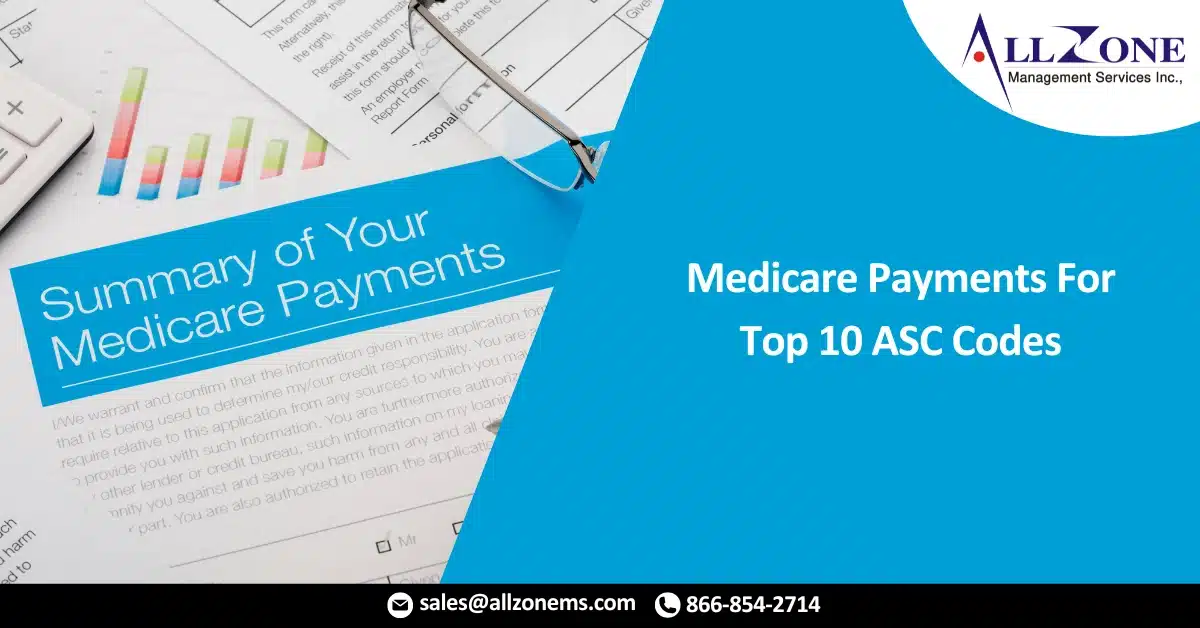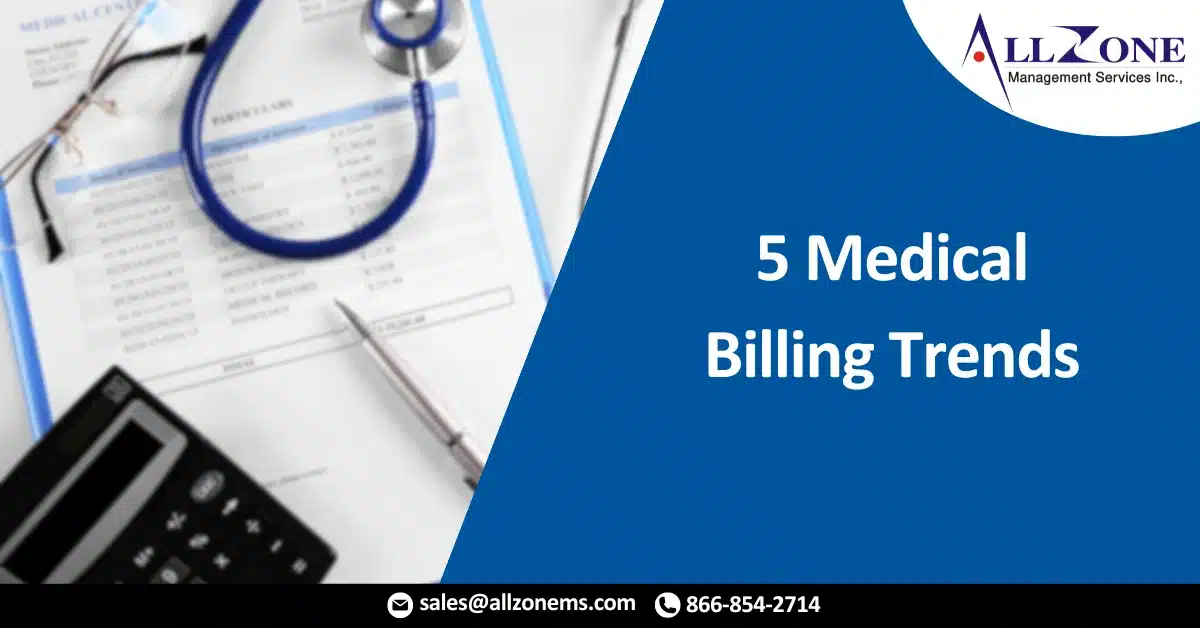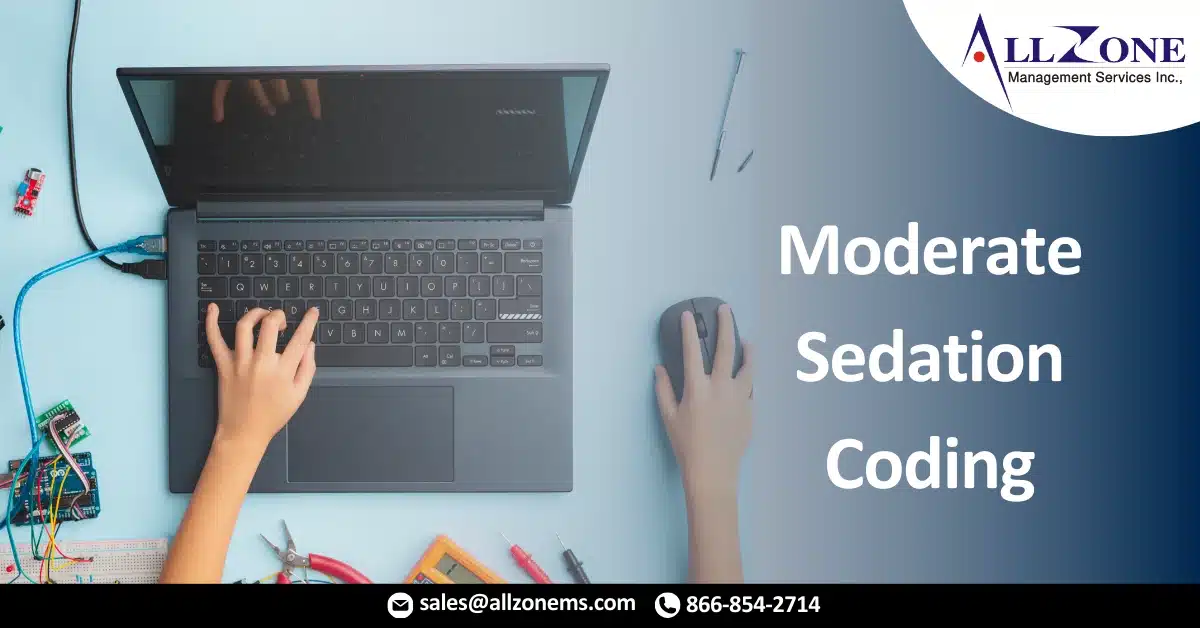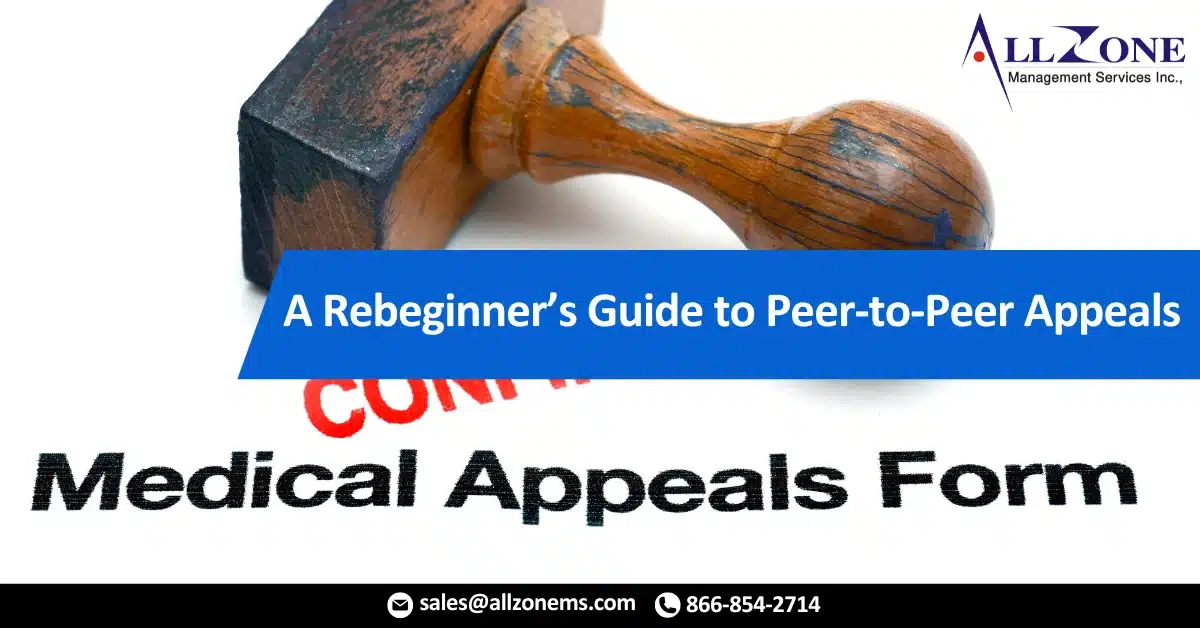Medicare payments for the top 10 current procedural terminology codes performed by ASCs are expected to remain relatively stable in 2019 compared to 2018, according to VMG Health. 66984: Cataract surgery with insertion of intraocular lens prosthesis (one-stage procedure), manual or mechanical technique Estimated 2017 payments: $1,172 Estimated 2018 payments: $1,206 Estimated 2019 payments: $1,182 45380: […]
To remain fiscally viable, hospitals and health systems must ensure reimbursement is collected properly and in a timely fashion. Healthcare’s “perfect storm” — the ever-increasing cost of care paired with the complexity of technology and rising expenses — has intensified this pressure, according to David Millen, vice president of information technology and digital transformation at […]
The accelerating challenge around patient needs’ calls for new technology and automation, but on a personal level. As hospitals turn to technology to overhaul the patient experience and improve profits, a range of vendors are bringing new products and outsourced services to meet that demand with artificial intelligence, data analytics and natural language processing as […]
The global medical billing outsourcing market is poised to expand for years to come as medical practices face challenges related to multiple payers and medical code representation, and large practices consolidate, according to a new report by Grand View Research. Five billing trends, based on the report: The global medical billing outsourcing market is projected to reach […]
Pain management during the global period of a procedure, if related to that procedure, is not separately reportable. If a provider other than the operating provider performs follow-up care, you must be careful to avoid “unbundling” of that follow-up care. The global period, or global surgical package, bundles all care typically related to surgical service into a […]
CMS has released the inpatient psychiatric facility proposed rule. Approximately $75million is projected to be paid to inpatient psychiatric facilities (IPF), according to the Centers for Medicare & Medicaid Services (CMS) proposed 2020 inpatient prospective payment system (IPPS) released on April 19. IPF-PPS applies to inpatient services for psychiatric hospitals and distinct psychiatric units of […]
Moderate sedation coding, also sometimes referred to as conscious sedation, is a drug-induced depression of consciousness. A patient who has been sedated in this way is relaxed and generally insensitive to pain, but remains awake and able to respond to verbal instruction. If medically necessary and properly documented, moderate sedation is a separately reported service. […]
Denied claims are one of physicians’ chief complaints when it comes to dealing with payers. To a certain extent, every practice deals with claim denials. It’s those practices that eliminate the most common reasons that experience a smoother revenue cycle and find greater financial success. Here are the 13 most common reasons for why claims […]
Suggestions for conducting peer-to-peer appeals for denials management. Claims Automation has been a part of the workers’ compensation and auto casualty industries for years, but today, a large opportunity still remains to increase in the claims automation process. The future of automation in the Property and Casualty industry is not to replace jobs but instead […]
Suggestions for conducting peer-to-peer appeals for denials. If you are wondering why you should read this if you think you are not a rebeginner, well, it is because you actually are one. Beginnings do not disappear, they just reproduce. Novices are just starting, veterans have started over and over. We all begin as beginners and […]









